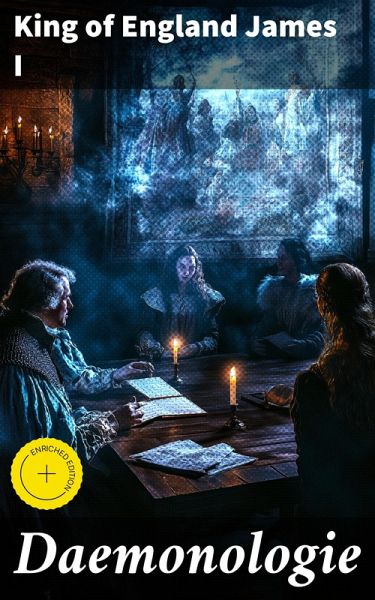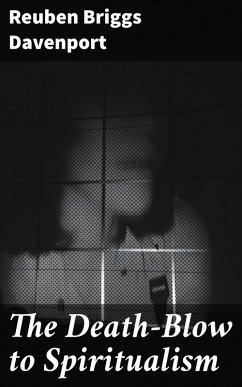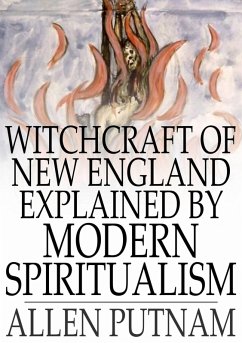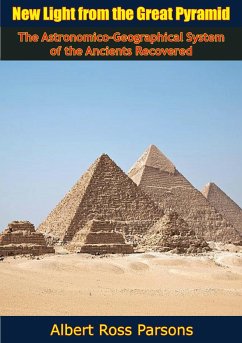
Daemonologie (eBook, ePUB)
Enriched edition. Exploring Demonology and Witchcraft in 17th-Century England
Kommentar: Hammond, Alicia / Redaktion: Good Press

PAYBACK Punkte
0 °P sammeln!
In "Daemonologie," penned in 1597 during a time steeped in superstition and witch hunts, King James I explores the theological and legal implications of witchcraft and the supernatural. This work, written in a dialogic style, presents the king's arguments against witches while intertwining them with personal anecdotes and references to classical literature. It reflects the Jacobean era's anxieties about morality, governance, and the purported threat posed by occult practices, making it a significant text in the context of early modern England's sociopolitical landscape. James I, a monarch deep...
In "Daemonologie," penned in 1597 during a time steeped in superstition and witch hunts, King James I explores the theological and legal implications of witchcraft and the supernatural. This work, written in a dialogic style, presents the king's arguments against witches while intertwining them with personal anecdotes and references to classical literature. It reflects the Jacobean era's anxieties about morality, governance, and the purported threat posed by occult practices, making it a significant text in the context of early modern England's sociopolitical landscape. James I, a monarch deeply concerned with religious stability and governance, faced personal and political motivations in writing "Daemonologie." Drawing from his experiences in Scotland, where witch trials were rampant, and his belief in the existence of witches, the king sought to reinforce his authority while navigating the turbulent waters of faith and superstition. This treatise also served to consolidate his political stance against the perceived chaos of witchcraft, echoing his larger concerns about the societal impact of dissent and disorder. "Daemonologie" is a fascinating examination of the intersection between politics, religion, and superstition. Scholars, historians, and casual readers alike will find in this text a compelling insight into the mind of a monarch wrestling with the complexities of his time. Readers are invited to delve into this rigorous exploration, which remains a pivotal discourse on the nature of evil and belief. In this enriched edition, we have carefully created added value for your reading experience: - A succinct Introduction situates the work's timeless appeal and themes. - The Synopsis outlines the central plot, highlighting key developments without spoiling critical twists. - A detailed Historical Context immerses you in the era's events and influences that shaped the writing. - An Author Biography reveals milestones in the author's life, illuminating the personal insights behind the text. - A thorough Analysis dissects symbols, motifs, and character arcs to unearth underlying meanings. - Reflection questions prompt you to engage personally with the work's messages, connecting them to modern life. - Hand-picked Memorable Quotes shine a spotlight on moments of literary brilliance. - Interactive footnotes clarify unusual references, historical allusions, and archaic phrases for an effortless, more informed read.
Dieser Download kann aus rechtlichen Gründen nur mit Rechnungsadresse in A, B, BG, CY, CZ, D, DK, EW, E, FIN, F, GR, H, IRL, I, LT, L, LR, M, NL, PL, P, R, S, SLO, SK ausgeliefert werden.













